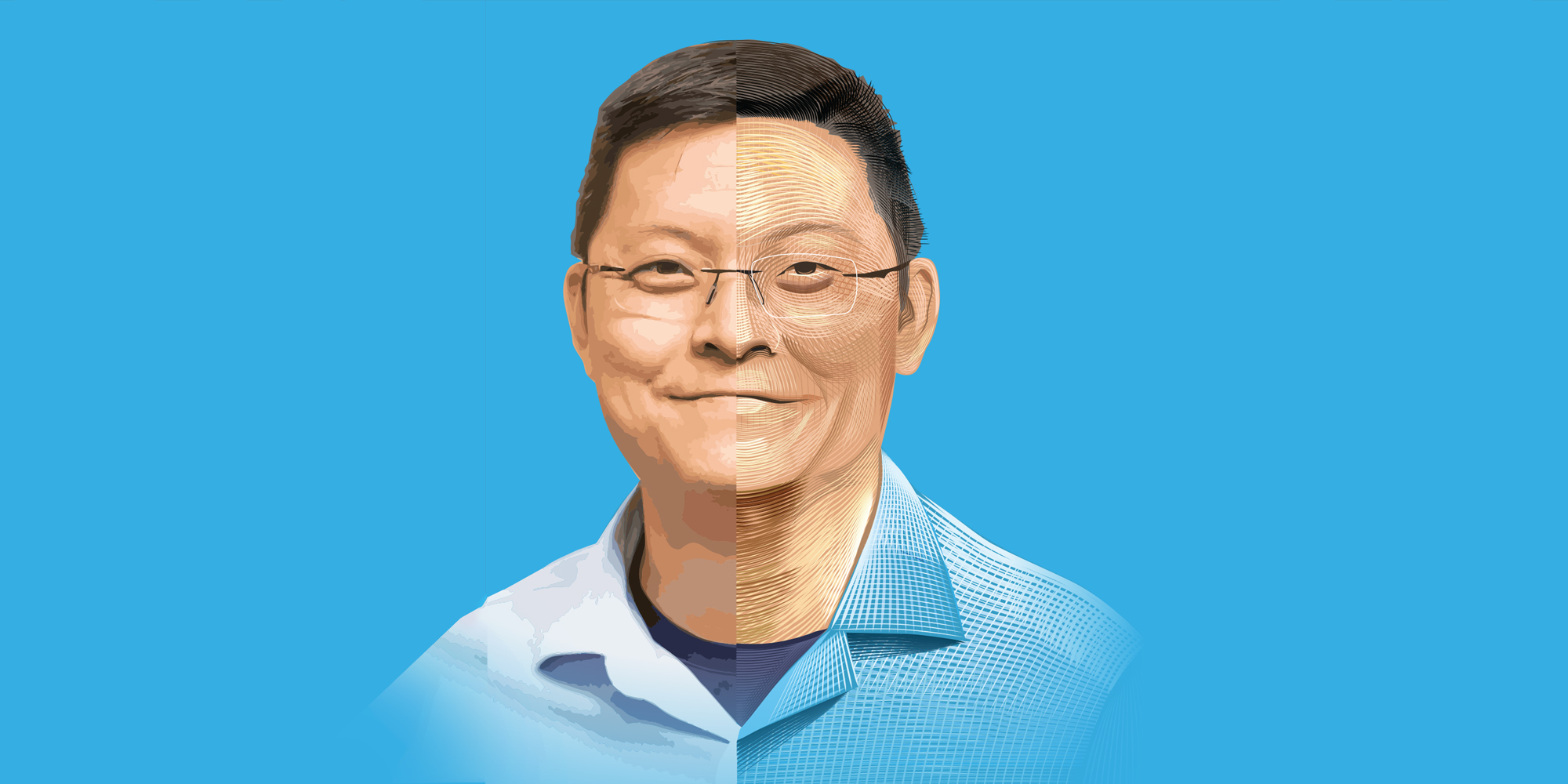
Questions for the computer science professor who developed anti–AI piracy tools Glaze and Nightshade.
What surprising job have you had in the past?
Many, many years ago, as a junior in college, I worked as a summer intern for Microsoft. My task (and my task alone) that summer was to create the Excel Reader, a read-only version of Microsoft Excel 1997 that was able to read Excel files but not modify them. My entire job, every working day, was to read through the 200,000+ lines of code in the Excel code base and comment as much of the code out as possible, to produce the smallest possible Excel Reader.
What would you want to be doing if not teaching?
Honestly, probably still teaching in some form, perhaps at the high school or middle school levels.
What was the last book you finished?
Ready Player Two by Ernest Cline.
What was the last book you put down before you finished it?
Ulysses by James Joyce.
What do you most love to teach—whether a work, an idea, a course, or something else?
I love randomized algorithms, such as nondeterministic algorithms that have a certain level of uncertainty in each run, but over many runs will converge to deterministic results. Randomized algorithms often surprise us by enabling us to do things that seem impossible at first glance.
What book changed your life?
V for Vendetta by Alan Moore, 1985.
What’s your least useful talent?
Double jointed thumbs.
Tell us the best piece of advice you’ve received—or the worst.
Linda Petzold, UC Santa Barbara, paraphrased: In your career, do not aim for the awards or accolades or the recognition that comes with it. Just focus on the research. Do good research, and everything else will take care of itself.
What advice would you give to a brand-new Maroon?
So much. Learn how to deal with people, because that is a universal skill that you will need wherever you go and whatever you do. And take some philosophy and ethics classes. So many leaders today are struggling with huge decisions that could affect millions. Understanding the basics of ethical philosophical frameworks gives you the tools to tease apart confusing tradeoffs to really understand the choices you need to make.
Who was your best teacher, and why?
I have two. Dorothy Gregory, Newark High School, for sparking my love of classical literature, and Randy Katz, UC Berkeley, for teaching me the meaning of resilience in research.
